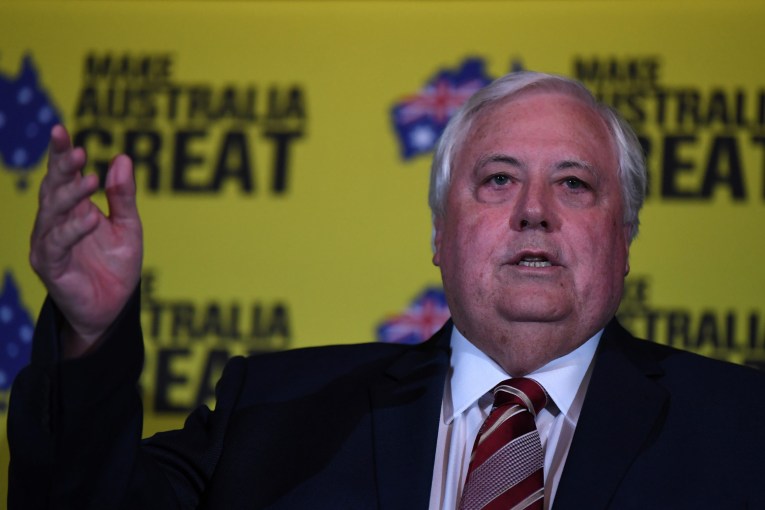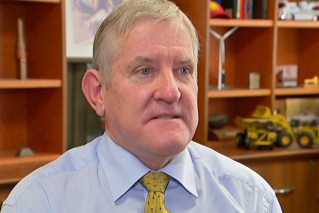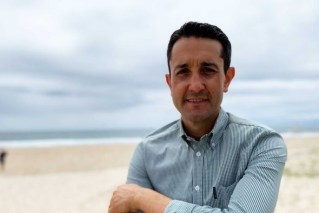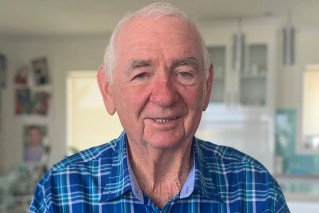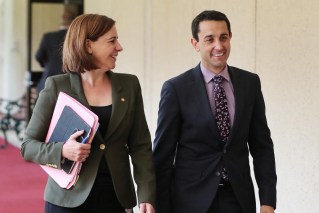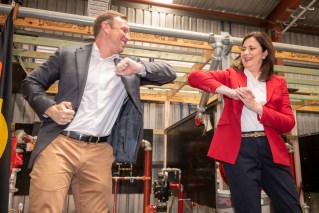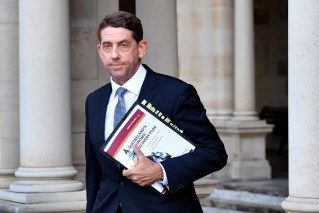Queenmakers: Poles apart, but two minor party leaders could decide Saturday’s poll
Just days out from the election, the votes of Michael Berkman and Robbie Katter may decide who claims government. Rob Mailer reports on their very different perspectives
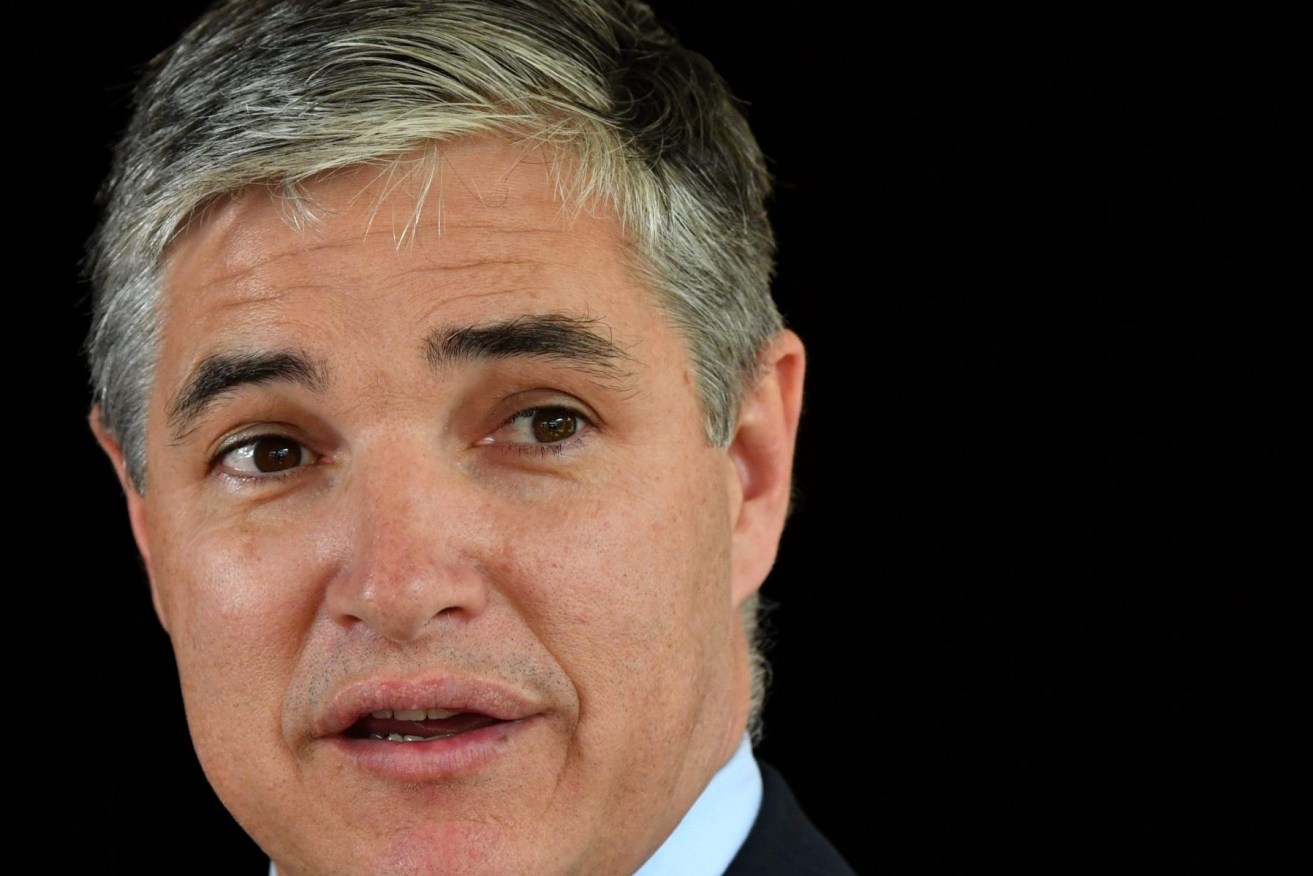
Katter's Australian Party Queensland leader Robbie Katter. (Photo: AAP Image/Darren England)
Robbie Katter and Michael Berkman are very different politicians representing very different electorates.
And yet, they may hold the key to whether the next Premier will be Annastacia Palaszczuk or Deb Frecklington.
Katter is the state leader of Katter’s Australian Party and the member for Queensland’s second-largest seat of Traeger.
To get a sense of the size of Traeger, if you drive west from Charters Towers — about 11 hours later, you will arrive at Camooweal and remain in the electorate.
Berkman is the Greens MP for the Brisbane seat of Maiwar. The electorate includes the suburbs of Fig Tree Pocket, St Lucia, Taringa, Toowong, Auchenflower and parts of Indooroopilly, Bardon and Paddington.

Greens member for Maiwar, Michael Berkman. (Photo: AAP Image/Glenn Hunt)
You can fit about 11,000 Maiwars into the seat of Traeger.
Both the Palaczszuk Labor Government and the Frecklington Liberal-National Opposition have declared they are fighting for majority government and would not engage in any deals should they face minority government.
But both men know if power is in the balance, and they hold the numbers to get either party over the line, the phone will ring.
Lessons from last time
This is not the first time Katter has been in this situation.
In 2015, Queensland Labor fell short of winning the required 45 seats to form government.
But independent Peter Wellington declared he would support a Palaszczuk-led Labor minority government before the election result was officially declared.
A week later, the Electoral Commission declared Labor had won 44 seats, and thus with the support of Wellington, had the numbers to form government.
The Katter members were no longer needed and the process frustrated their leader.
“We were sort of cut short in that, and Peter Wellington gave his vote before we exhausted our negotiations and perhaps he’s done that earlier than we suspected,” Katter told the Matters of State podcast.
“I see it as a gift now, the fact I was treated really badly in the first term because it hardened me up to politics,” he explains.
What they want
Both men are coy on the detail on what they would demand if either the LNP or the Labor party came knocking.
However, there are some very fundamental ground rules.
The Greens will not form a government with the LNP.
“The party as a whole made a decision that we wouldn’t support an LNP government in minority and that reflects the views of the membership as a whole,” Berkman said.
Katter says the Katter’s Australian Party is less absolute because the circumstances of his constituents leaves him with little choice.
“Just about every rural town in my electorate is projected to decline, so my area, my homeland if you like, is literally dying,” he said.
“So I’m fighting for keeps here and it doesn’t worry me what brand or who I align myself with, I need to try and turn things around in rural and regional Queensland and I’ll be ruthless in trying to do that,” he said.
A common ground – minority government is good for the state
Despite their political differences, both men agree on one thing — minority government in a state without a house of review is a good outcome for the people of Queensland.
Katter sees minority government as a “competitive parliament” and said it gives more power to individuals in the state and forces proper debate in the house.
Berkman said the major parties often labelled minority government a “recipe for chaos and disaster” but he disagreed entirely.
“Without any strong parliamentary checks and balances or scrutiny we get with an upper house, it’s almost like our only hope in seeing a more grown-up government, a more sophisticated conversation amongst the parties… that actually relies on us getting to the point where power-sharing becomes the norm,” he said.
– ABC / Rob Mailer
